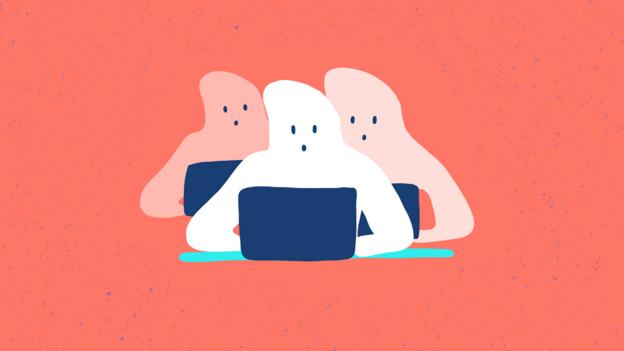Since we often measure our sense of power to other people, it’s also important to avoid making negative comparisons, says Anicich. We might be envious of someone in better circumstances who appears to have more freedom, or we might keep recalling how much more control we had in the past – but those kinds of thoughts will only heighten our feelings of helplessness.
On a practical level, we can establish a sense of control by looking for small ways to ease the situation. If you have been forced to work from home, setting your own schedules and optimising your space could help you to regain some sense of autonomy. Bosses should also help to empower their employees, says Anicich. “They should try to take more of a hands-off approach as opposed to micromanaging employees.”
Astrid Homan, a professor of work and organisational psychology at the University of Amsterdam, advocates a similar approach. Working with Maria Dijkstra, she recently asked participants to detail their use of seven different coping strategies, alongside questionnaires measuring their perceived control over their lives and their general wellbeing. As you might expect, avoidance tactics are less effective than proactively confronting any problems that are within your reach. And deliberately reframing your thoughts, to put your troubles in perspective, can itself restore a sense of personal autonomy, even when the stress itself is impossible to evade.
In the pandemic, this might involve resetting our expectations of what we can achieve, and acknowledging the limits of the situation. “You might recognise that you have to lower your standards, and that it’s not because you don’t want to work hard, but because you simply can’t do everything you used to do before,” says Homan.
Her findings, and Anicich’s general advice, both recall the Stoic philosophy – originating in Ancient Greece – of separating what is within your power, from what is not, and then looking for ways to reinterpret the situation. Although we can’t control the world, we are able to change our reaction to it. It may have emerged in wildly different circumstances, but that time-tested wisdom could be the ultimate antidote to the sense of powerlessness that we are all facing today.
David Robson is the author of The Intelligence Trap: Why Smart People Do Dumb Things (WW Norton/Hodder & Stoughton). He is @d_a_robson on Twitter.













